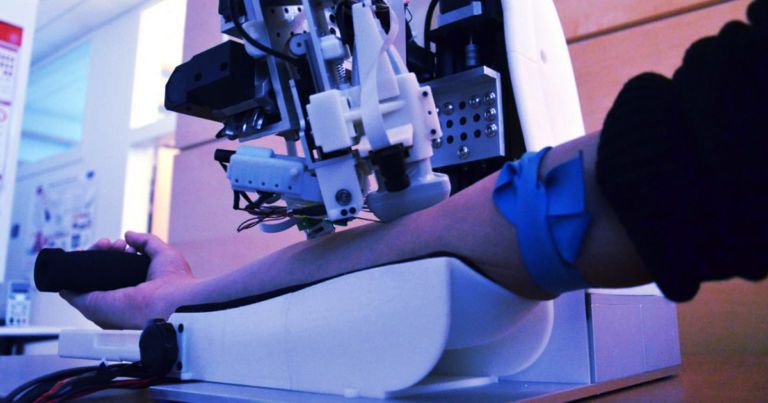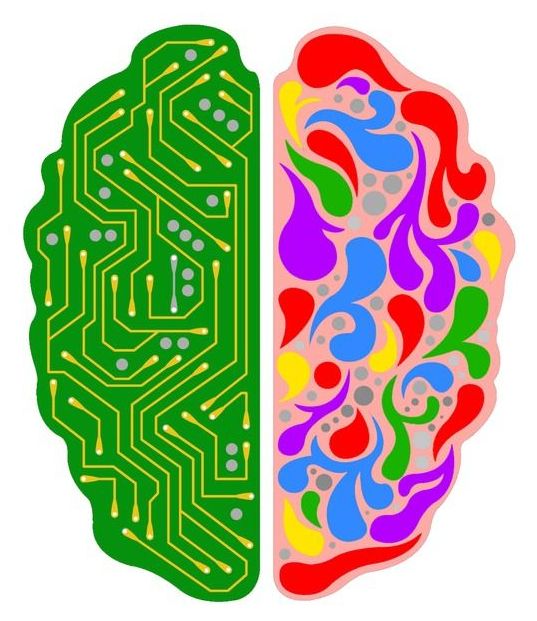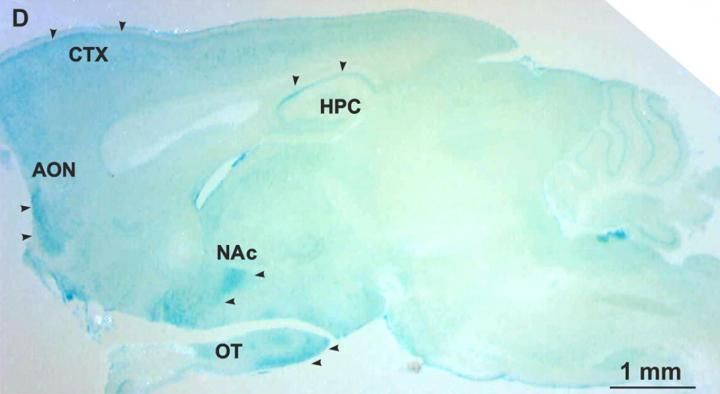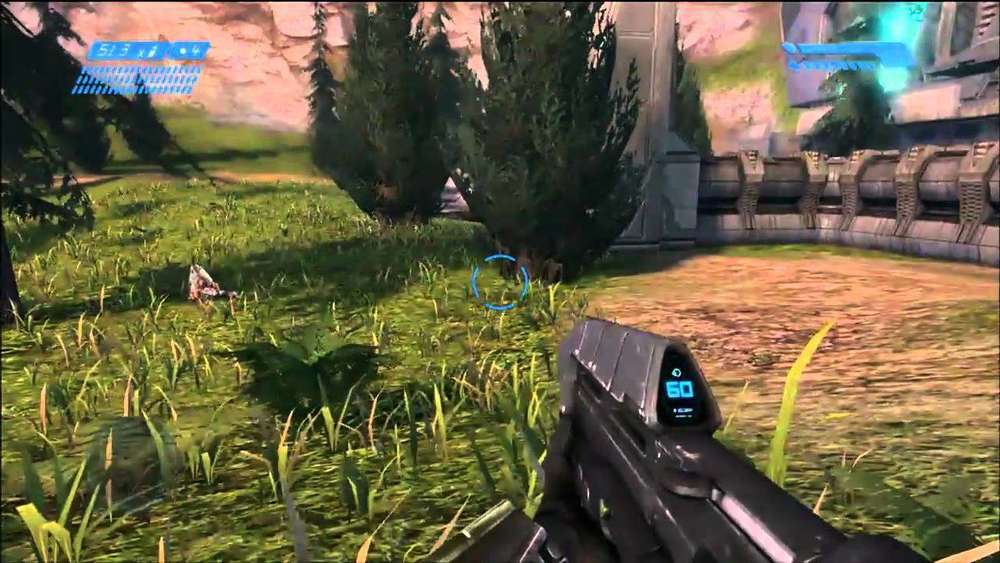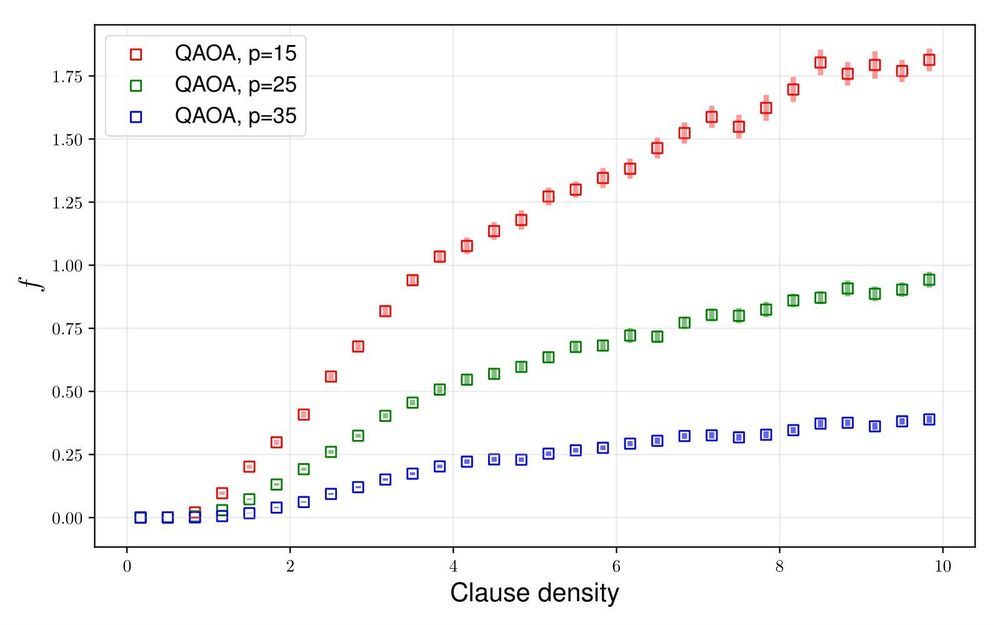Bioterrorism is defined as the intentional use of biological, chemical, nuclear, or radiological agents to cause disease, death, or environmental damage. Early recognition of a bioterrorist attack is of utmost importance to minimize casualties and initiate appropriate therapy. The range of agents that could potentially be used as weapons is wide, however, only a few of these agents have all the characteristics making them ideal for that purpose. Many of the chemical and biological weapons can cause neurological symptoms and damage the nervous system in varying degrees. Therefore, preparedness among neurologists is important. The main challenge is to be cognizant of the clinical syndromes and to be able to differentiate diseases caused by bioterrorism from naturally occurring disorders. This review provides an overview of the biological and chemical warfare agents, with a focus on neurological manifestation and an approach to treatment from a perspective of neurological critical care.
The online version of this article (doi:10.1007/s13311-011‑0097-2) contains supplementary material, which is available to authorized users.
Keywords: Neuroterrorism, Bioterrorism, Warfare Agents.



